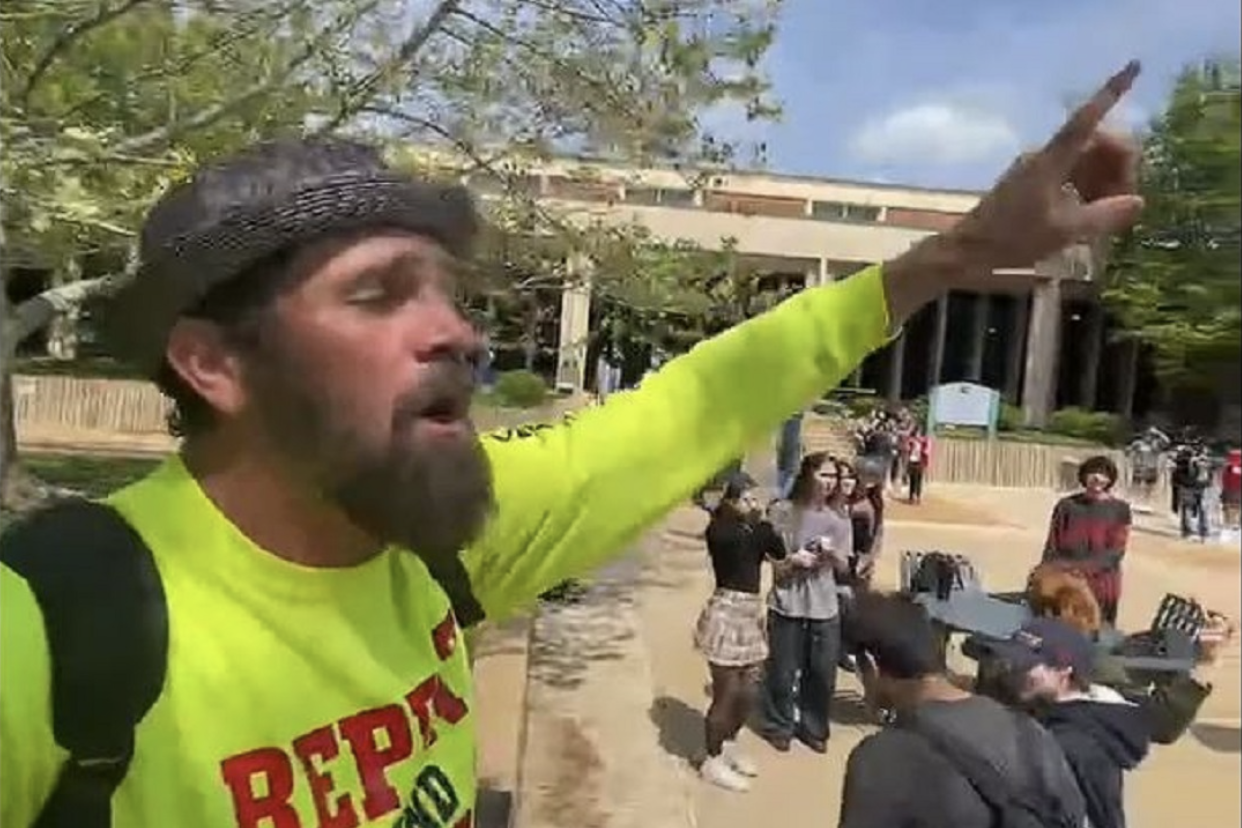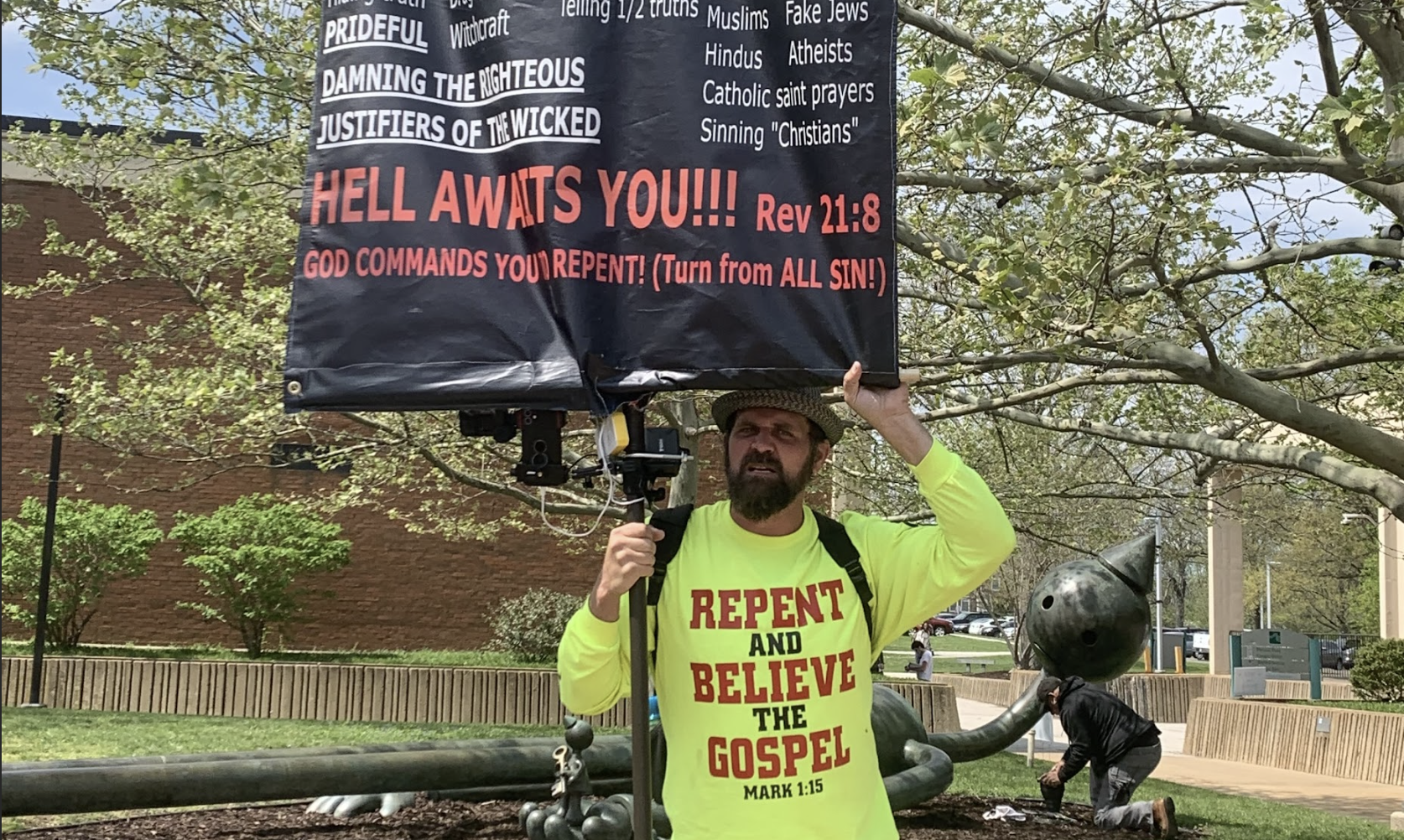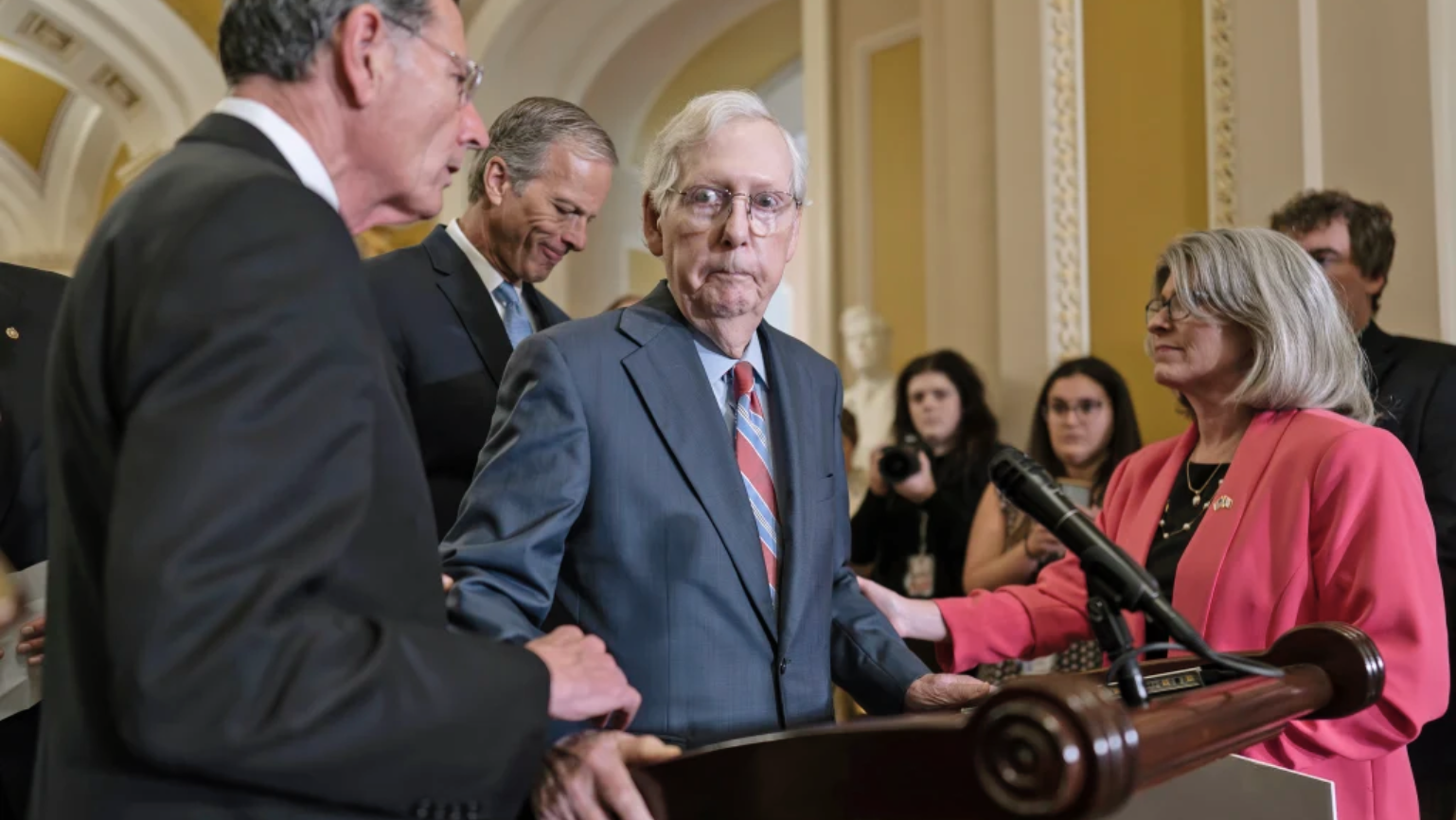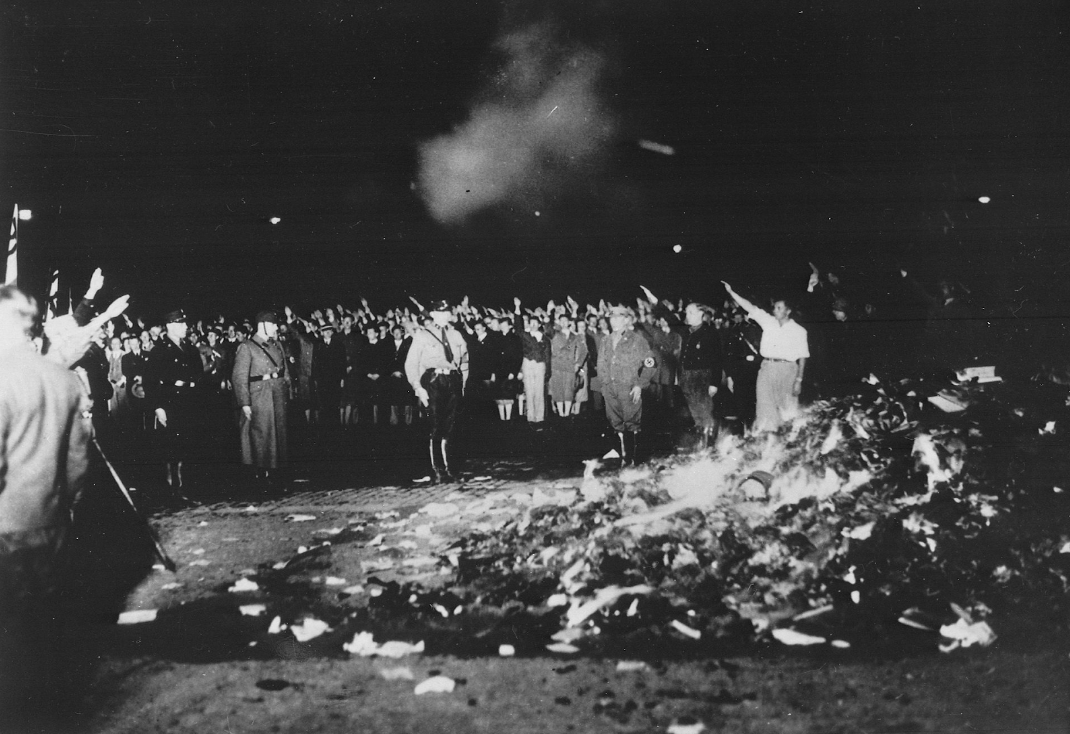A brief history of one of the longest running shows on television
BY: JACOB POLITTE
STAFF WRITER
Starting next week, The Montage will be reviewing some of the most popular shows on television on a weekly basis. One of the shows that we will cover will be Law and Order: SVU. Before we begin, however, it’s important to note that SVU is about to celebrate an incredible milestone.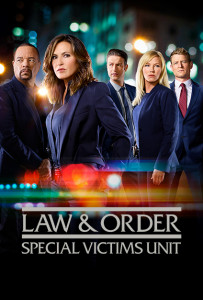
Law and Order: Special Victims Unit (SVU for short) premiered on September 20, 1999 as a spin-off to the mothership series. It would be followed by Law and Order: Criminal Intent in 2001, Law and Order: Trial By Jury in 2004, Law and Order: Los Angeles in 2010 and Law and Order: True Crime in 2017.
Now entering its 20th season, it’s the only show of the franchise currently left standing, although another spin-off (sub-titled Hate Crimes) was recently announced. It’s also one season away from becoming officially recognized as the longest running drama series in primetime television history, topping both Gunsmoke and the original Law and Order.*
*It’s important to note that Gunsmoke ran for the same amount of seasons, but has a much higher episode count, clocking in with 635 episodes over 20 seasons. The original Law and Order ran for 20 seasons and 456 episodes; SVU will pass that mark before the end of this current season.
SVU’s Special Cultural Impact
SVU has become arguably one of the most important shows on television over the last two decades and it’s become especially relevant in today’s world, where sexual assault is sadly a frequent topic of discussion and people are being accused left-and-right of sexual misconduct. The SVU of today is a much different show than it once was, though; more often than not, the victims in the show find the justice they are seeking. That’s not always the case in real life and it wasn’t always the case on the show either. There are quite a few cases ending in tragedy in the early years of the show.
And despite some its controversial “ripped-from-the-headlines” stories and some of its wackier outings, studies show that the series resonates with the majority of its viewers and has done more to educate them on the dangers of sexual assault; in particular what does and does not constitute consent.
For example, in a 2015 study led by Dr. Stacey Hust of Washington State University, a group of 313 college freshmen were asked to what extent they agreed or disagreed with statements that explored rape-myth acceptance, intentions to seek consent for sexual activity and intentions to refuse unwanted sexual activity.
The study found that students who watched SVU had a lower rape-myth acceptance, greater intentions to refuse unwanted sexual advances and an overall better understanding about what constitutes consent. In her conclusion, Hust states, “Given the Law & Order producers’ conscientious efforts to not glamorize rape and to portray punishment of the crime, they have essentially created a program that could be used to reduce sexual assault.” In the #MeToo era, SVU is arguably more important than ever.
Reinventing the wheel
There was a time when many doubted the show’s future, following the departure of lead actor Christopher Meloni (who portrayed the character of Detective Elliot Stabler, in arguably Meloni’s most recognizable role) after the 12th season’s conclusion in 2011. The show, which by that point had become heavily focused on the personal and professional relationship between Stabler and his partner Olivia Benson (portrayed by Mariska Hargitay), was forced to reinvent itself, focusing more on its ensemble and, most importantly, its victims.
The first season following his departure, Season 13, was arguably the season the show needed to have in order to survive following Meloni’s departure, containing what may be some of the series greatest episodes. Season 13 also started to serialize more of its plotlines, drifting it away from its procedural roots.
Olivia Benson and Mariska Hargitay, One In The Same
Despite her admittedly overbearing presence and almost singular focus this past season, Olivia Benson is one of the greatest characters in the history of television. The only character left from the pilot episode still on the squad and now the longest serving character in the Law and Order universe (with over 430 episodes to her credit), Hargitay’s Benson, who conception was the result of a rape, has gone from Detective, to Sergeant, to her current position of Lieutenant. One of the most fascinating things about the show is watching Benson grow from an inexperienced detective to a true leader, even if she does get way too emotionally involved to the point of losing her objectivity. That has been a sticking point for some members of the fanbase who feel like Benson is losing her grip.
That being said, there is a built in-story for why she chooses to become so involved: she’s literally been through hell. In her two-decade tenure on the show, she’s been kidnapped and/or held hostage no less than eight times. Her personal stories were always some of the best and most intense. In particular, her involvement in the William Lewis-arc from Seasons 14 and 15 was some of the rawest, most disturbing and intense material I’ve ever seen on broadcast television; the effects of that arc still carry with her character to this day. Perhaps more than anyone else on the team, she’s been absolutely traumatized in multiple ways that makes her character’s insight and sometimes questionable actions almost justifiable. It may sound like I’m approving of some of her questionable antics, but I’m just saying that I can see why Benson makes the decisions she does. More than any other character (except maybe Detective Rollins, who is an actual victim of rape), she understands what it feels like to be a victim and will do whatever it takes to make things right.
That being said, Benson is by no means a perfect character and her hands aren’t squeaky clean by a long shot. Despite my affection for the character, she’s bent and broken the law multiple times, even if she shows true remorse for doing so. For instance, in the Season 6 finale, she leaks classified military information and allowed a reporter to take the fall, abielt at his insistence. In Season 8, she wires money to her fugitive half-brother and serves a suspension for doing so. Perhaps most notably, she lies about brutalizing an incapacitated William Lewis during her abduction and thus perjured herself during his trial in Season 15; she’s forced to publicly admit this following his escape from prison, and it’s only her direct superior’s lie that lets her off the hook. Perhaps that’s why I personally enjoy Benson so much — she’s not perfect by a long shot, and her flaws and how she chooses to deal with them are compelling to watch.
And maybe that goodwill towards Benson’s character comes from the actress who portrays her. Mariska Hargitay is the founder and president of The Joyful Heart Foundation, an organization with “a mission to transform society’s response to sexual assault, domestic violence, and child abuse, support survivors’ healing, and end this violence forever.” Founded in 2004, the organization “carries out its mission through an integrated program portfolio of healing, education, and advocacy,” according to the organization’s website.
Hargitay, who now serves as an Executive Producer on the series, revealed at a recent festival appearance that SVU has no current end-date set and will likely continue on for many years to come. In this day and age, that’s not such a terrible thing.








